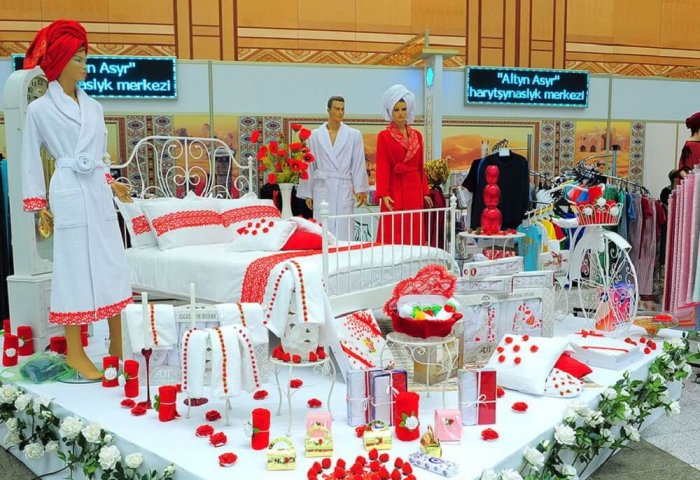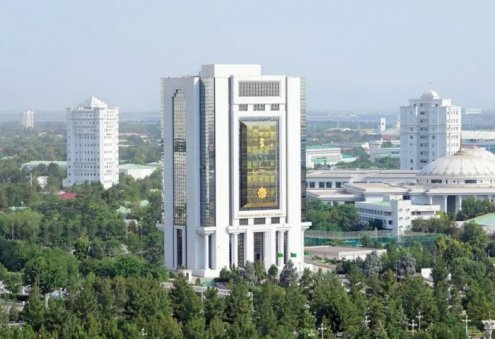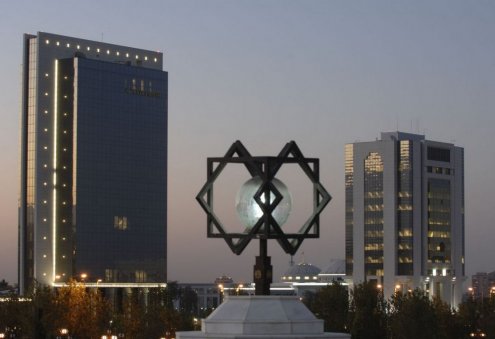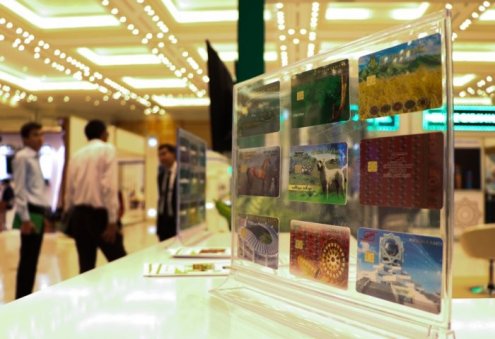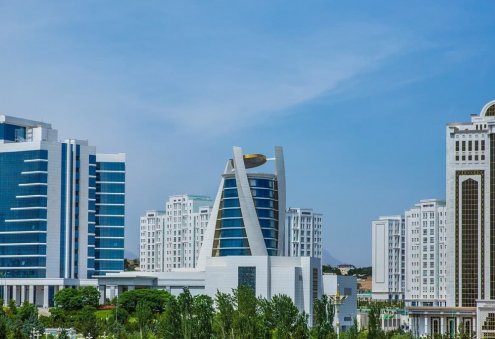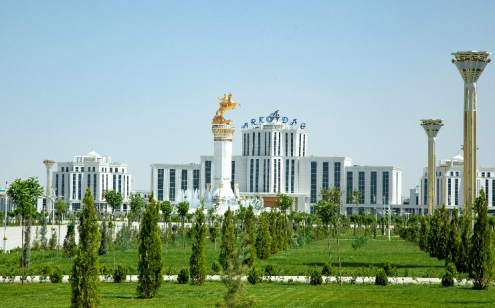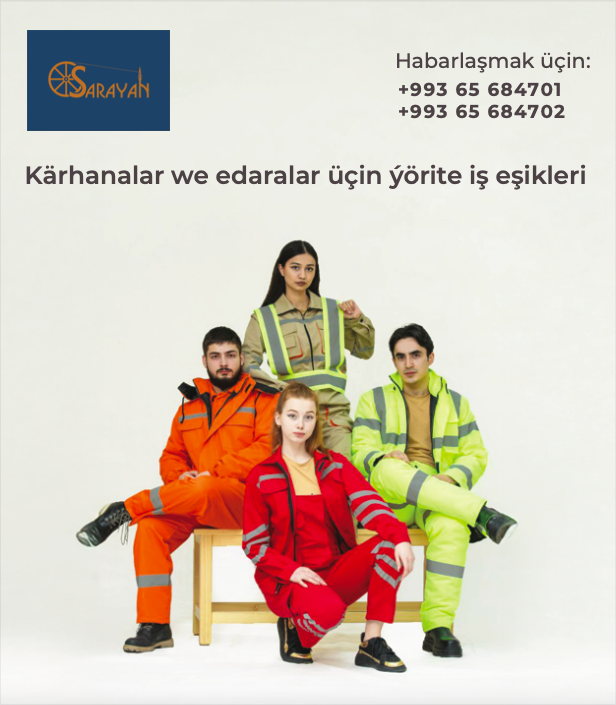The textile industry is one of the leading sectors of the economy of Turkmenistan. Due to the comprehensive support of the state, it has become the most dynamically developing sector of the national economy. During the years of independence, about $2 billion have been invested in the construction of new and reconstruction of existing textile enterprises. Presently, the industry consists of over 70 enterprises, including large textile complexes, cotton spinning and weaving plants, garment factories, silk processing enterprises, shoe factories, factories for the primary processing of leather and wool.
The existing production facilities are equipped with high-tech machinery manufactured by leading global companies such as Switzerland based Rieter and Benninger, Germany based Trützschler, Schlafhorst, Zinser, Monforst, Küsters, Italy’s Marzoli, Mario Crosta, Reggiani, Arioli, Savio, Japan’s Tsudakoma, Juki and Muratec, and Belgium based Picanol.
Large-scale cooperation with foreign companies and international financial institutions that ensure the growth and further development of the textile industry of Turkmenistan continues successfully. With the participation of foreign companies, 13 modern textile complexes have been put into operation. The textile complexes established the manufacture of products meeting the modern requirements of international quality, management and marketing standards. As part of the implementation of the tasks set for the industry, the construction of two more modern textile complexes equipped with the latest technological machinery is underway, which will include spinning, weaving, dyeing and sewing production. The raw material base for the new complexes will be fine-staple cotton grown in Turkmenistan.
In addition, a sectoral comprehensive program of production and technical re-equipment of textile enterprises and the creation of innovative industries based on local natural resources has been developed in order to implement the tasks set by the President of Turkmenistan. The program will facilitate reduction of imports through starting the production of wide range of high quality local goods at an affordable price. Until 2025, it is planned to allocate more than $300 million for the implementation of more than 30 projects in the textile industry. This will result in the growth of the production of marketable products by 120% over these years. The implementation of the planned measures will allow the textile industry of Turkmenistan to carry out constant technical and technological re-equipment of existing and creation of new high-tech industries.
Large investments will be directed not only to expand the existing capacities, but also to create over ten new production facilities at the existing enterprises that use modern technologies for the production of environmentally friendly products. It is planned to launch the production of Spunlace and Spunbond nonwoven materials at these enterprises, as well as the production of corduroy fabrics and new types of fabrics for women. The machinery for the production of high-quality fabrics for sportswear will also be installed at the enterprises. The specialists will introduce automated technological lines at the enterprises for the processing of camel and goat wool.
A workshop for the production of padding polyester was commissioned in Ashgabat Cotton Mill. The production of various types of belts for the production machinery has also commenced. Kipchak Textile Complex has launched workshop for the production of rubber bands and Ashgabat factory for the production of medical cotton and cosmetic cotton products started manufacturing disposable masks from nonwoven fabric. The Ashgabat House of Models is working on purchasing new modern knitting machines from the Japanese company Shima Seiki to expand the range of its products.
Following the implementation of these projects, the volume of new commercial textile products is expected to exceed $1 billion manats. These products are planned to meet the needs of the domestic market as part of the implementation of the import substitution project, which will, in turn, result in foreign currency savings of around $150 million. Turkmenistan’s intends to export the surpluss of the products. The volume of gross export income is expected to exceed $140 million.
Along with the introduction of the latest technologies, the industry pays considerable attention to improving the quality and compliance of products with environmental safety requirements. The domestic industry has traditionally focused on natural materials, which is an attractive factor for international brands placing orders around the world. The products of the leading companies in the industry have received international recognition and are awarded certificates ISO 9001, 9002, ISO 14001, WRAP and OHSAS 18001 standards.
Turkmenistan presently exports around 80% of the manufactured textile products to the CIS countries, Europe, Asia and other parts of the world. Turkey, Russia, China, Kazakhstan, Armenia, Azerbaijan, Belarus, Ukraine are major importers of the textile industry in Turkmenistan. Export deliveries are carried out to 15 countries of the world. More than 30 Turkmen textile enterprises are exporters. The stability of the promotion of Turkmen textiles in the global market is evidenced by the data on the volume of export of products, which for 11 months of 2020 amounted to $318.9 million.
Turkmen textile enterprises took part in exhibitions abroad - in China, Russia, Kazakhstan, Belarus, Uzbekistan, Tajikistan, Korea, Turkey and Germany. contracts. Turkmenistan has introduced the practice of selling textile products at exchange auctions, through trading houses and online stores.
Measures aimed at the growth of the textile industry should help increase the level of development of the industry, the competitiveness of domestic textiles in the global market and, consequently, contribute to the economy of the country.
Source: Turkmenistan’s Golden Age online news outlet, 10.12.2020

